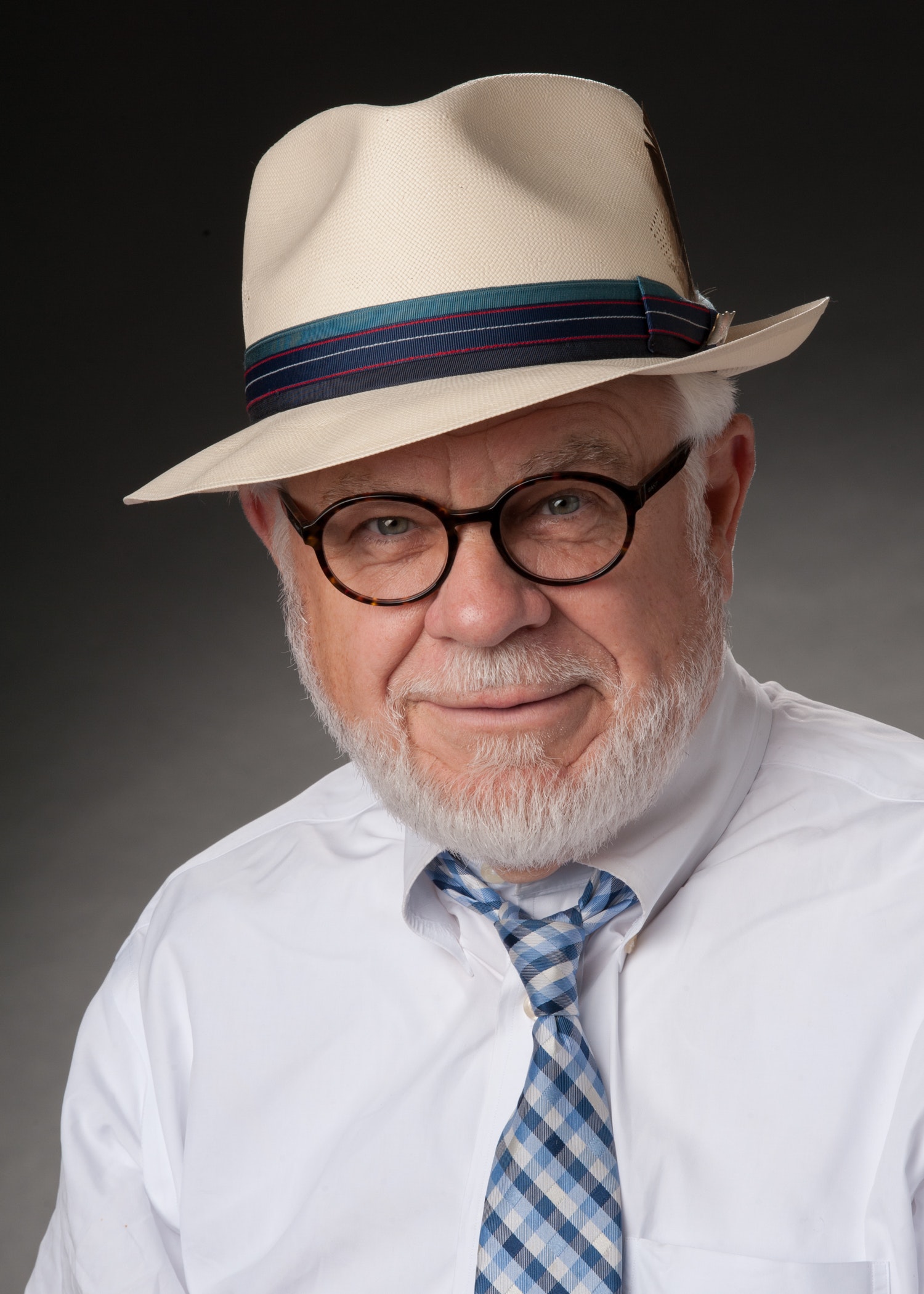John came to Shreveport in January of 1977 when he was transferred to Barksdale AFB.
He’s been active in Shreveport politics since deciding to make Shreveport his home.
John practiced law for 40 years and he now monitors local politics. He regularly attends Shreveport City Council and Caddo Parish Commission meetings.
John is published weekly in The Inquisitor, bi-monthly in The Forum News, and frequently in the Shreveport Times.
He enjoys addressing civic groups on local government issues and elections.
